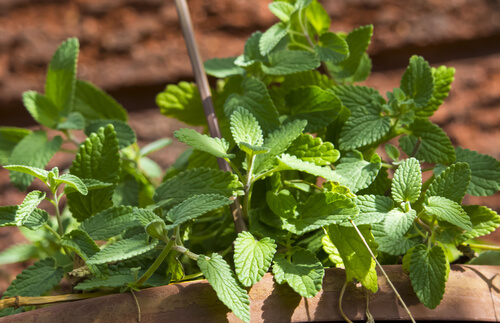
2. Catnip
Considered as much as ten times more effective than DEET, catnip is one of the more accessible mosquito repellents at your disposal. Catnip contains nepetalactone, an essential oil abhorrent to mosquitoes, so scattering some around your porch and certain areas of your home could prove to be a cost-effective year-round solution to keeping the little bloodsuckers at bay.
Unfortunately, catnip effects tend to be relatively short-lived, requiring constant reapplication. Despite its easy availability as a perennial herb, the bioactive compound in catnip breaks down fast, reducing its usefulness as a deterrent of Culicidae.
As such, researchers at the Rutgers New Jersey Agricultural Experiment Station (NJAES), have spent over a decade developing a new breed of catnip, a “Super Catnip,” that promises catnip farmers bigger yields at lower prices. The “Rutgers CR9” has more abundant foliage that can be distilled producing three times as much enriched oil. The CR9 seeds, released in 2017, have already outperformed all other commercial catnip varieties, says James Simon, a professor in the Department of Plant Biology and Pathology at the Rutgers School of Environment and Biological Sciences.


